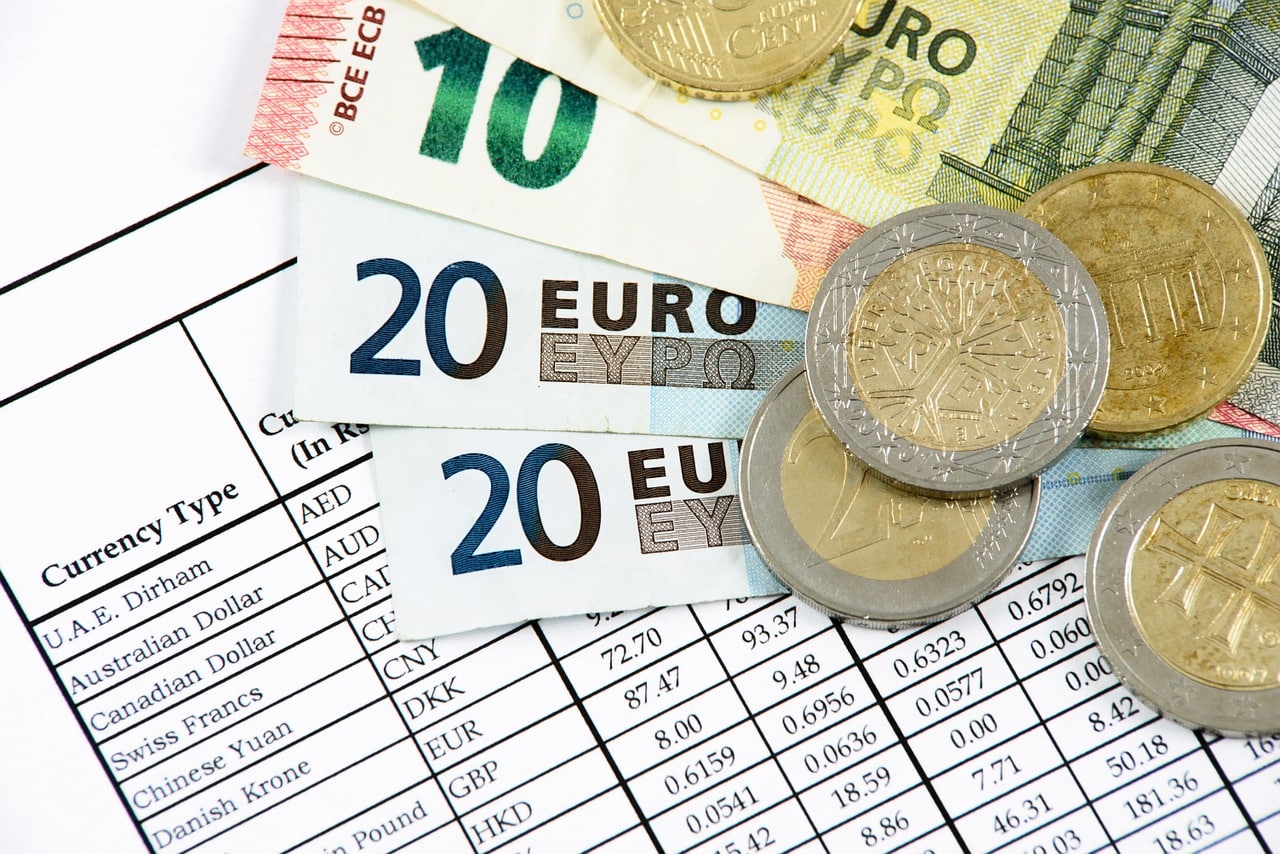
Global Economy Slowdown Fears Rise With Cost Of Living
On Friday, data showed that there is a high chance that the global economy is heading towards a slowdown. This is because the highest inflation figures recorded in a generation are driving central banks to reverse their loose monetary policy aggressively, which they had adopted during the pandemic to support the economy.
Economic data
The largest economy in the world i.e. the United States saw its business activity fall this month for the first time in almost two years. Likewise, eurozone activity also fell for the first time in more than a year. As far as Britain is concerned, growth reached a low of 17 months, as per the purchasing manager’s index.
Another grave sign of the global economy’s health was the fact that the government in Japan is expected to cut its domestic growth forecast quite sharply this month. Meanwhile, the Russian invasion of Ukraine and tough COVID-19 lockdowns in China have inflicted further damage on the global supply chain that had been trying to recover from the pandemic’s impact.
PMI
On Friday, S&P Global disclosed that there was a fall in their preliminary US Composite PMI Output Index this month, which was more than expected. In June, the final reading of the index had been 52.3, but it came down to 47.5 this month.
This was the fourth consecutive monthly decline and was primarily because of the services sector’s weakening. The sector had declined enough that it managed to offset some of the moderate growth that the manufacturing industry had seen.
As a reading below 50 is considered an indication that business activity has declined, it will only fuel concerns about whether the US economy is near, or in recession, after the downturn that was seen back in 2020 when the coronavirus pandemic had first hit.
Experts said that the preliminary PMI data for July is a concern because it shows that the economy is deteriorating. Even if the lockdown months because of the pandemic are excluded, the fall in output is happening at a rate that was last seen in 2009 during a global financial crisis.
Eurozone
Business activity also fell in the eurozone in this month, which was unexpected. It happened because the downturn in the service and manufacturing sector was accelerated because of a fall in consumer expenditure due to rising prices.
The PMI for the eurozone, which is considered a gauge of the economy’s health, also fell in July to 49.4. This is the lowest value recorded since February 2021 and it had been 52.0 in the previous month. Expectations had put it at 51.0, but the contraction turned out to be higher.
All over the eurozone, businesses are feeling the impact of rising prices and wage growth acceleration. The overall growth outlook has also become uncertain. Last month, inflation had climbed to 8.6% and this prompted the European Central Bank (ECB) to increase interest rates by 50 basis points on Thursday, instead of 25 basis points, as originally planned.




